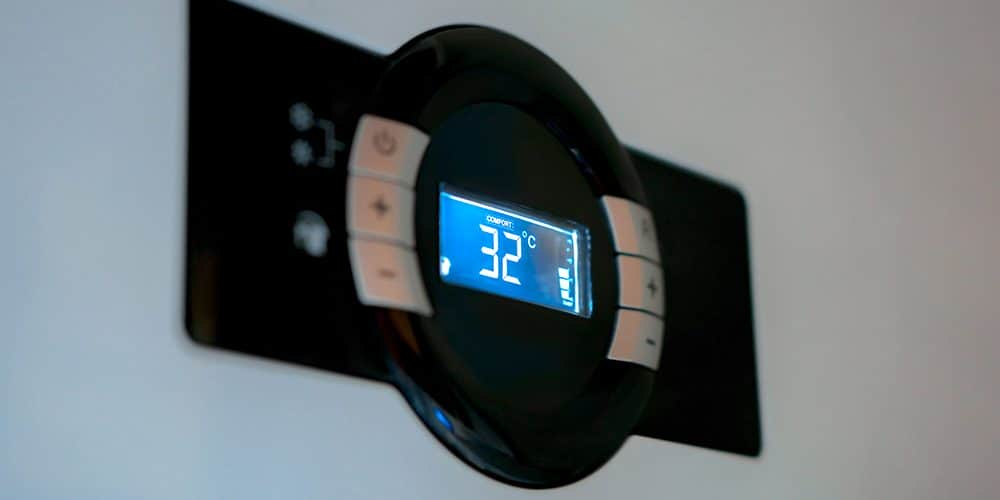When it comes to ensuring your home stays warm and comfortable throughout the year, one of the most critical decisions you’ll make is selecting the right boiler. In the UK, where the weather can be quite unpredictable, having an efficient and reliable heating system is essential. But with the multitude of options available, making the right choice can feel like a daunting task.
Three primary types of boilers dominate the market: conventional, system, and combi boilers. Each has its unique features, advantages, and disadvantages. To help you make an informed decision, let’s explore the pros and cons of each type so you can determine which one is the best fit for your property.
Conventional boilers
Pros:
-
Well-established technology
Conventional boilers, also known as regular or traditional boilers, have been around for a long time. They are tried and tested, making them a reliable choice.
-
Suitable for larger homes
If you have a large property with multiple bathrooms and a high demand for hot water, a conventional boiler may be the right choice. They can handle high hot water demand efficiently.
-
Compatible with existing systems
Conventional boilers can often be installed with minimal alterations to your existing heating system, reducing installation costs.
Cons:
-
Space requirements
Conventional boilers require a separate hot water cylinder and cold-water storage tank. This can take up a significant amount of space, often in a loft or airing cupboard.
-
Energy inefficiency
They are not as energy efficient as some newer boiler types, as they need to continuously heat a large volume of water.
-
Hot water delay
You may experience a delay in getting hot water, especially if the boiler hasn’t been used for a while.
System boilers
Pros:
-
Efficiency
System boilers are highly efficient and provide a constant supply of hot water to multiple outlets at the same time.
-
No need for loft space
Unlike conventional boilers, system boilers don’t require a cold-water storage tank in the loft, which can free up space.
-
Quick hot water delivery
Hot water is readily available as it’s stored in a cylinder, reducing wait times.
Cons:
-
Space for cylinder
While you don’t need a cold-water tank, you do require space for a hot water cylinder, which can be a nuisance in smaller properties.
-
Installation costs
Installing a system boiler can be more expensive than a combi boiler due to the extra components.
Combi boilers
Pros:
-
Space-saving
Combi boilers are the most space-efficient option as they don’t require additional tanks or cylinders.
-
Energy efficiency
They heat water on demand, making them energy efficient. They will only heat water when needed.
-
Quick hot water
Hot water is delivered instantly, eliminating the need to wait for a cylinder to heat up.
Cons:
-
Limited hot water flow
Combi boilers may struggle to provide sufficient hot water for larger homes with multiple bathrooms or high hot water demand.
-
Not ideal for low water pressure
If your property has low water pressure, a combi boiler might not be the best choice, as they require adequate pressure to function effectively.
How to make the right choice
To choose the right boiler for your property you should also consider the following factors:
-
Property size
The size of your home and your hot water demand should be the first consideration. Combi boilers are ideal for smaller properties, while larger homes may benefit from system or conventional boilers.
-
Space
Assess the available space for installation. If space is limited, a combi boiler may be the best option because it combines everything into a single unit.
-
Budget
Consider both the upfront costs and long-term energy savings. While combi boilers are often cheaper to install, system boilers may provide better long-term efficiency.
-
Water pressure
Check your water pressure; if it’s low, a combi boiler may not be suitable. This is because it heats and circulates the water at mains pressure.
-
Existing system
If you’re replacing an existing boiler, assess how well your current system meets your needs and whether you want to make any changes.
Choosing the right boiler for your property is a crucial decision that can impact your comfort and energy bills for years to come. Each type of boiler has its merits, so it’s worth taking the time to consider your needs and consult with a professional plumber to ensure you make the best choice for your home. Whether it’s a conventional boiler, system boiler, or combi boiler, the right selection will keep your home cozy and your hot water supply reliable.


